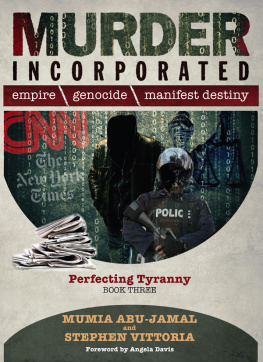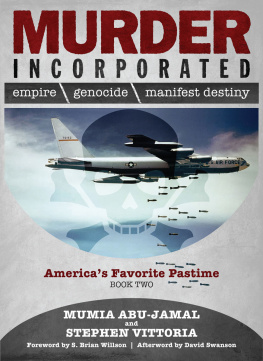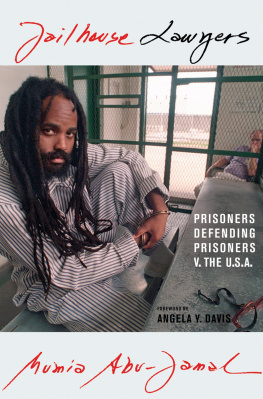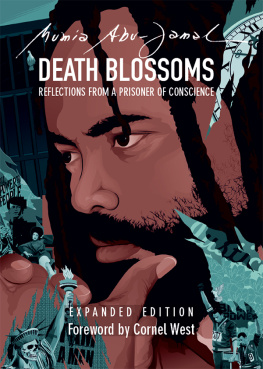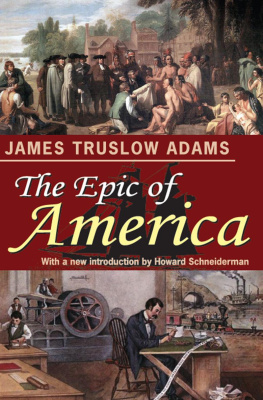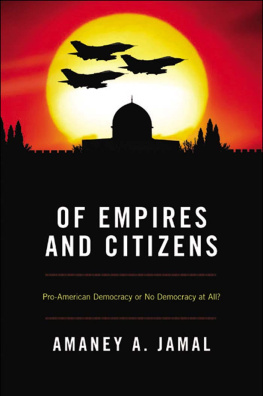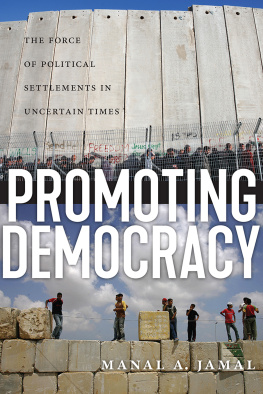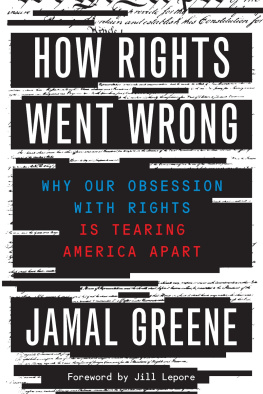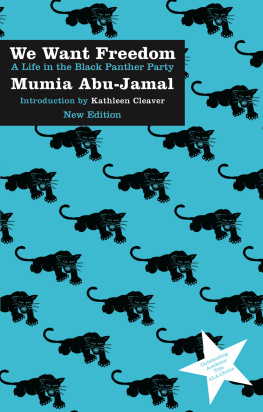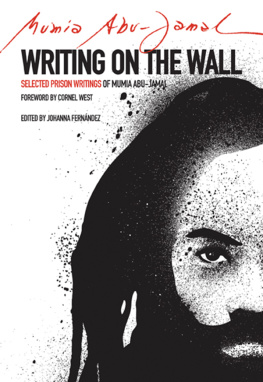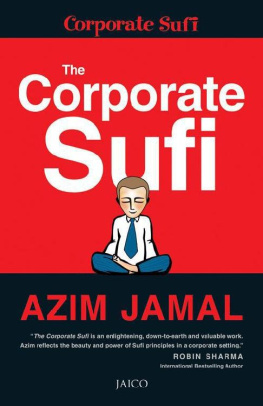ACKNOWLEDGMENTS
W ho births a book? Who gives it blood, sinews, limbs, brain, and spine? Books are born, more often than not, by other books, which light flames in the psyche, passing light to those flung far into the river of time.
When I think of great books, it is hardly or ever the official Canon. It is often little known people who wrote against the storm, their minds ablaze by fires from another eralike J.A. Rogers, a self-taught historian who appeared in a slew of Black newspapers, like the Pittsburgh Courier, the Afro American, and who also wrote numerous books, filled not only with texts, but photographs to affirm his theories. He traveled across continents to salvage some tidbit, some morsel of knowledge that would amaze readers, of Black names, Black nations, Black princes who emerged in worlds we had never known.
This work, therefore, was sparked when a curious teenager found more fun in a bookstore than on a baseball diamond. For, there he read Yosef Ben-Jochannon, Ivan Van Sertima, Herbert Aptheker, C.L.R. James, George Nash, Ishakamusa Barashango, Runoko Rashidi, Ward Churchill, Du Bois, et al.
Often the works of these historians were emblazoned with deftly drawn dark figures in majestic poses, speaking to us across eons, saying softly, almost imperceptibly: I am Here. I am Here.
Many, if not most of these historians were (a term few would use themselves) outlaw historiansrebels, who turned their backs on the Guild, for their work was so disruptive of the accepted Canon.
They searched and searched and unearthed Canons from Antiquity that preceded the works of Europe by centuries. For example, who knows that the phrase Black is Beautiful! so evocative of the proverbial 60s, was echoed in spirit more than a thousand years before that era? As a man of that era (really, a teen), I thought we were breaking new ground, speaking thoughts that bubbled in our breasts for the first time.
Well, Dr. Ben (as Yochannon was affectionately known by his students) certainly knew, for in many of his typewritten texts, he cited Al-Jahiz's Book of the Glory of the Black Race, written by a Black Arab of Basra, Iraq, decades after Islam's founding. This work, written between 776868 A.D., reads as if it were written at the height of the Black Power Movement, circa 1968!
These writers dared to break new ground, and to not only learn new things, but to unlearn old canonical verities that were as traditional as they were misleading.
Of course, this work is inspired by the remarkable Howard Zinn, who, burned by the savagery of World War II, and inspired by the true courage of civil rights activists (many of whom were his students, like the acclaimed novelist, Alice Walker), learned not from the classics, but from his students, among them men and women who marched on the front lines of history.
This work is dedicated to all of them, who, by their works, made this one possible.

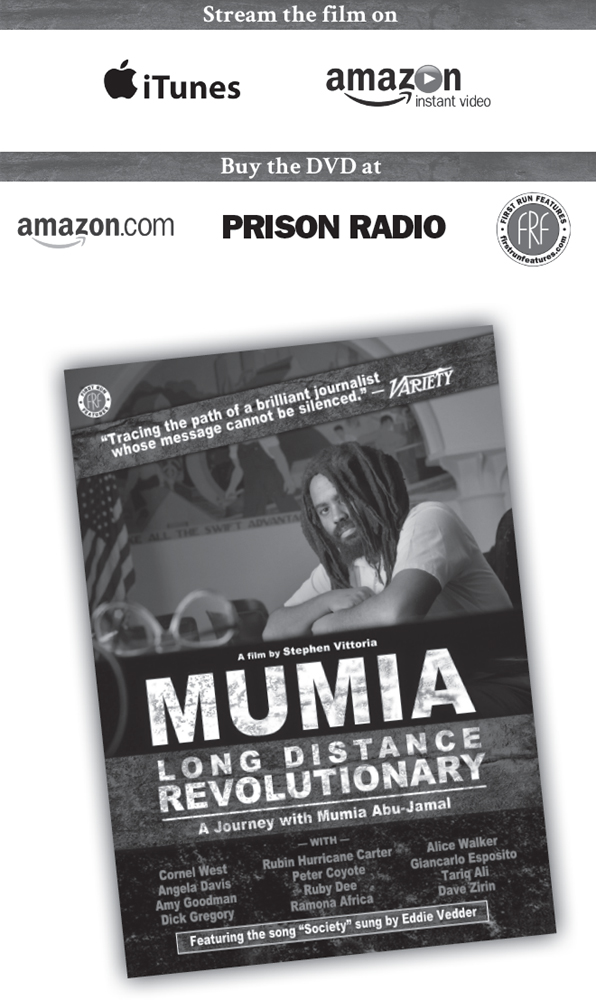

Tribune of the People or Servant to Power?
In 1880, John Swinton, former head of The New York Times editorial staff and often referred to as the dean of his profession, spoke to a gathering of fellow journalists in New York City regarding their collective profession:
The business of journalists is to destroy the truth, to lie outright, to pervert, to vilify, to fawn at the feet of Mammon, and to sell this country and his race for his daily bread. You know it, and I know it, and what folly is this, toasting an independent press?

A central myth of America's founding is that of a protected free press guaranteed by the First Amendment of the U.S. Constitution. The American media has long been thought of as the envy of the world, the jewel in the crown of the American Exception. Without question, the media is an organ of tremendous importance in any modern society, for it is the medium through which the population perceives itself, projects itself, and delineates its collective narrative. It is also the machinery through which a society lies to itself (and to others) by projecting a face that is as far from the truth as the moon is from the earth.
We are constantly informed that the media constitutes an array of institutions that endows the public with reliable information, accurate analysis, and valuable well-thought-out commentary. And if there is bias and subjectivity, it is within the bounds of acceptability with respect to the basic premise of truth telling and the reportage of facts. Of course, if this is so, it is usually the media itself that says soa media that is also a medium, a body existing between the subjects of stories and those who consume those stories. Such a relationship demands trust, but when is that trust deserved?
The American media, in particular the mainstream corporate media, has evolved into a now-complete vast wasteland of infotainment, scandal, and, beyond all, government-generated agitprop designed to shelter the status quo, promote perpetual war, and, of course, protect the Empire's wealth. This sad state of affairs blankets the print press as well as broadcast and cable television (albeit with glimmers of hope springing up across a wilder, more free Internet).
Man on the street laments: Oh, if only we could summon back the good old days.
Unfortunately, there were no good old days, only days that weren't so goddamn awful and pathetic. Our poor man on the street conjures fading memories of Uncle Walter and Chet Huntley through sepia-toned glassesmagical lenses that have exchanged myth for reality. But the history of American journalism resembles a protection racket, one that positions the so-called Fourth Estate as the Madison Avenue PR firm representing American capital and American exceptionalism. So as we roll through the 21st century, journalist Amy Goodman asks the painful but necessary rhetorical question about the condition of the omnipresent corporate mainstream media: You have to ask, if this were state media, how would it be any different?
Amen.
Fourth Estate or Fourth Branch
The legendary journalist I.F. Izzy Stone trumpeted the same candid warning over the course of his remarkable and renegade career, one that spanned the heart of the 20th century. You've really got to wear a chastity belt in Washington to preserve your journalistic virginity, Izzy opined. Once the secretary of state invites you to lunch and asks your opinion, you're sunk.
Here's how it works: the president makes decisions. He's the decider. The press secretary announces those decisions, and you people of the press type those decisions down. Make, announce, type. Just put em through a spell check and go home.
Stephen Colbert
No doubt that the brush we use to disapprovingly paint the establishment pressboth historically and in its current feeble stateis unforgiving and all encompassing and may in fact blur the gallant, if too infrequent, work done by great investigative journalists over the years, heroic revelations like Seymour Hersh's expos on the My Lai massacre or Carl Bernstein's epic Rolling Stone critique of the CIA's mass infiltration of America's newsrooms, where even good old Walter Cronkite was targeted for his government love affair. But these intermittent great efforts are obliterated by the mountains of half-truths, misinformation, and cant dumped on the American plate by a dictatorial body determined to ensure the sanctity of its clubhouse, one populated by manipulative government officials and lickspittles banging on Underwoods (or Macs and Dells). And when it comes to the ever-popular world of American cable news, we witness a madhouse of screaming and swollen bloviators feasting on their young, a band of savage misfits and over-caffeinated meat puppets mud-wrestling in a hellish national immorality play.

